When Holding It All Together Breaks You Apart: How HR Pros Can Set Boundaries Without Guilt
Let’s be honest.
If you’re in HR, you’ve probably been called the “glue” more times than you can count.
The steady one.
The safe one.
The one people turn to with their panic, their tears, or their messy, last-minute emergencies.
And most of the time, you rise to the occasion. You absorb it all, hold it together, and keep the system moving. That’s the invisible labor of HR.
But here’s what no one tells you: being the glue doesn’t mean being indestructible.
Holding it all together is noble—until it starts breaking you apart.
The Hidden Weight of Being “The Glue”
When you say yes to everything—every meeting, every “quick favor,” every last-minute policy rewrite—you might feel helpful in the moment. But underneath, the weight is piling up.
That invisible weight looks like:
Checking email at midnight because you don’t want to “fall behind.”
Canceling your own lunch break because someone else needed “just a minute.”
Feeling drained by constant interruptions, but guilty if you turn anyone away.
It’s not just about workload—it’s about boundaries being blurred into non-existence.
And when that happens, resentment builds, creativity disappears, and your health pays the price.
Boundaries Aren’t Selfish—They’re Strategy
We’ve been conditioned to believe that boundaries mean we’re being difficult, unhelpful, or not a “team player.”
But let’s flip the script:
Boundaries are not walls.
Boundaries are agreements.
Agreements with yourself about what matters most, and agreements with others about how you can show up sustainably.
When HR pros set boundaries, everyone benefits. Why? Because burned-out HR doesn’t lead effectively. But a grounded, clear, energized HR leader? That’s when you’re able to do the real strategic work that moves the needle.
Practical Ways to Start Setting Boundaries (Without the Guilt Trip)
Here are small, bold actions you can take right now:
Block Your Non-Negotiables
Put “you” time on your calendar like it’s a board meeting—lunch, a walk, quiet work time. Then honor it as sacred.
Use a Pause Phrase
Instead of defaulting to yes, try: “Let me get back to you.” This buys you time to evaluate if the request truly aligns with your role and priorities.
Define Your Role—And Protect It
Make a list of what falls under your scope of work and what doesn’t. Keep it visible. When the “extra stuff” pops up (birthday parties, office supply drama), redirect with clarity: “That’s not my lane, but here’s who can help.”
Create Visible Boundaries
Put “focus hours” on your calendar. Set a Slack status when you’re heads-down. Train people to respect your time by showing them how you protect it.
What Happens When You Don’t
Without boundaries, burnout doesn’t show up overnight. It creeps in.
It’s the Sunday night dread that steals your weekend.
It’s snapping at your team for small things you’d normally handle with grace.
It’s realizing you’ve stopped dreaming about what’s next because you’re too busy surviving what’s now.
That’s not resilience. That’s depletion.
And HR pros deserve more.
Here’s the Truth You Need to Hear
You don’t need permission to protect your peace.
You don’t need to prove your worth by overextending yourself.
You don’t need to feel guilty for setting a limit.
Because the truth is: boundaries don’t limit your impact—they expand it.
When you stop giving your best energy to everyone else’s emergencies, you finally have the capacity to focus on what really matters: building systems, shaping culture, and driving the kind of change that HR is uniquely positioned to lead.
Final Word: Boundaries Are Your Leadership Superpower
Being “the glue” doesn’t mean being the doormat. It means showing up steady, strong, and strategic—and that only happens when you protect yourself first.
Boundaries aren’t selfish. Boundaries are leadership.
And if no one has told you lately: it’s time to stop holding everything together at the cost of yourself.
You’re worth protecting. Your energy is worth protecting.
And the best part? When you thrive, so does everyone else.
